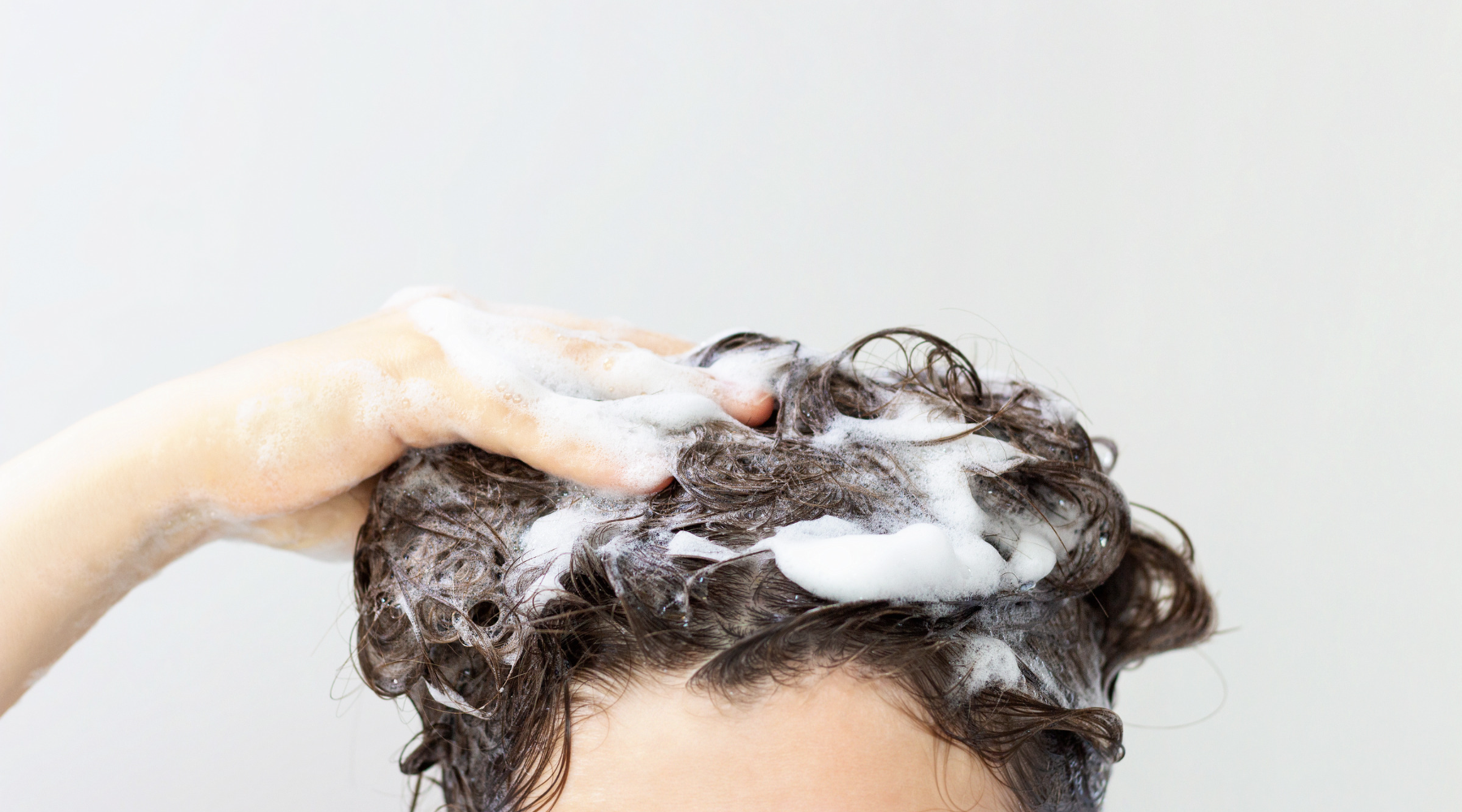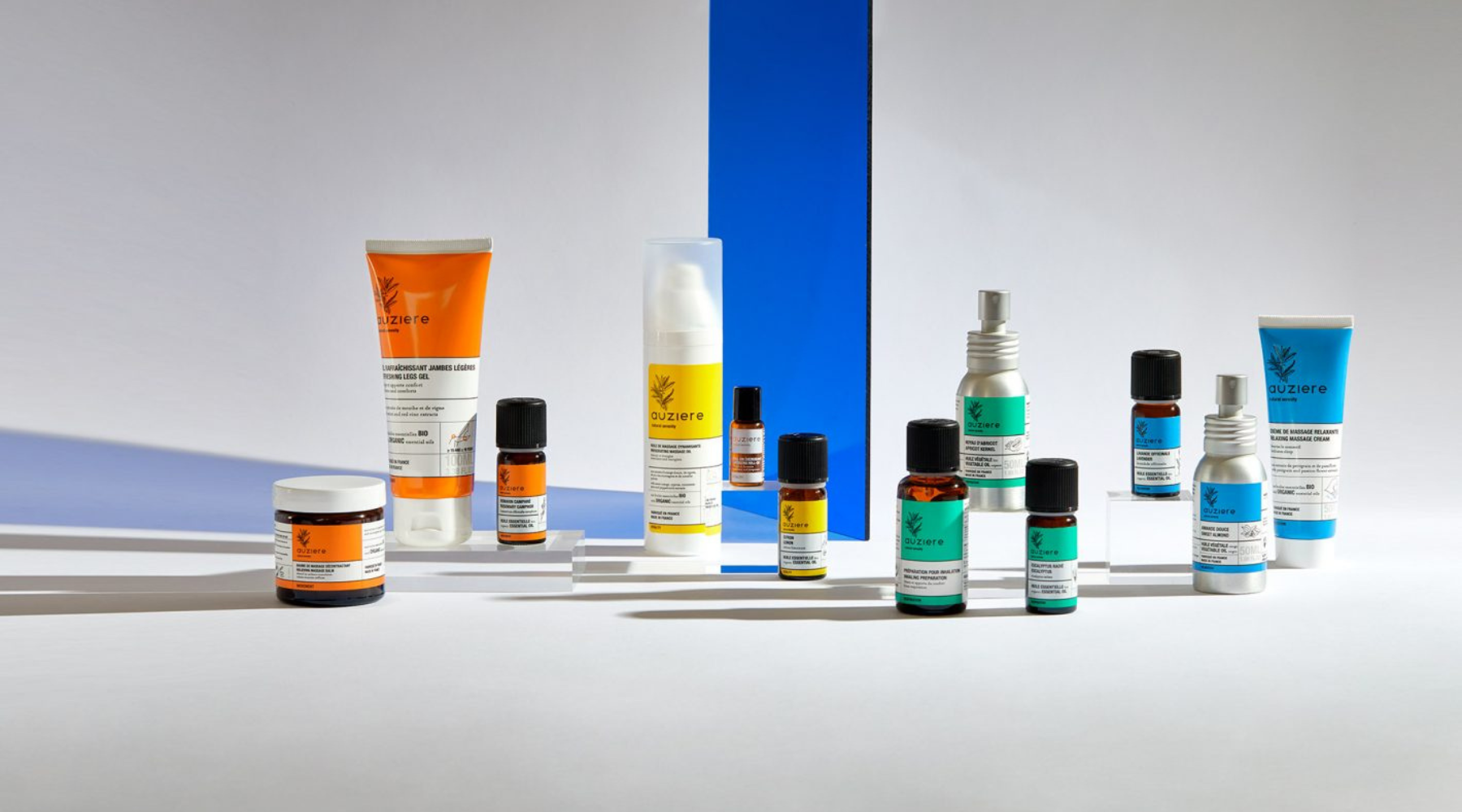The Science Behind Taking a Shower Before Sleep: Cold, Hot, or Never?

The modern world's fast pace can take a toll on our sleep quality, leaving us feeling groggy and unproductive the next day.
Luckily, experts like Andrew Huberman and Matthew Walker have delved deep into sleep science in the last decade, and have some insightful tips for us revealing the benefits of a simple pre-sleep ritual: taking a shower.
In this article, we will explore the science behind why you should consider adding showering to your nighttime routine, the ideal water temperatures (cold, warm or hot), and the body and biological mechanisms at play.
Having problems falling asleep at night? This might just be the answer you're looking for!
The Falling Asleep Hack - Why You Should Take a Shower Before Bed
1. Temperature Regulation
The body's core temperature plays a crucial role in regulating the sleep-wake cycle. According to Dr. Matthew Walker the author of the sleep bible "Why We Sleep", our internal temperature naturally decreases during the evening, which signals to the brain that it's time to wind down and prepare for sleep.
Taking a warm shower before bed can artificially raise your body temperature, and when you step out of the shower, the rapid cooling effect helps initiate the sleep process, as your body temperature drops back down.
This simple act of temperature drop tricks your brain into thinking it's time to sleep and start changing your body chemistry to prepare you for slumber.
2. Relaxation and Stress Reduction
A warm shower before bed can also help calm your mind and body.
The warm water stimulates the production of oxytocin, a hormone that promotes relaxation, reduces stress, and fosters a sense of well-being.
Not to mention, the rhythmic sensation of water on the skin can have a soothing effect, similar to a gentle massage. This makes it easier to transition into a restful state, which is essential for falling asleep quickly and enjoying deep, restorative sleep.
3. Cleanliness and Allergy Relief
Showering before bed not only helps to remove dirt and sweat accumulated throughout the day but also allergens like pollen and pet dander.
This can be particularly beneficial for individuals who suffer from allergies or asthma.
By reducing allergen exposure, nighttime allergy symptoms like nasal congestion and sneezing are minimized, which leads to better sleep quality.
Ideal Shower Temperature
The optimal temperature for a pre-sleep shower is warm, not hot.
Aim for a water temperature of around 104°F (40°C) to experience the relaxation benefits without overheating your body.
Spending 5-15 minutes in a warm shower is typically sufficient to induce the desired cooling effect and promote sleepiness.
Body and Biological Mechanisms at Play
1. Vasodilation
When you take a warm shower, your blood vessels near the skin's surface dilate or widen. Known as vasodilation, this process allows your body to release heat more effectively, which ultimately helps to lower your core temperature. As mentioned earlier, a decrease in core temperature sets the stage for the onset of sleep.
2. Melatonin Production
Melatonin, the sleep hormone, plays a vital role in regulating the sleep-wake cycle. The release of melatonin is triggered by darkness and a decrease in body temperature. By taking a warm shower before bed, you are indirectly promoting melatonin production, which helps to cue your body that it's time to sleep.
3. Parasympathetic Nervous System Activation
A warm shower can help activate the parasympathetic nervous system, often referred to as the "rest and digest" system. This system is responsible for calming the body and conserving energy, which is essential for a good night's sleep. In contrast, the sympathetic nervous system, or "fight or flight" system, is responsible for arousal and alertness. By taking a warm shower, you facilitate the transition from the sympathetic to the parasympathetic state, paving the way for better sleep.
Conclusion
The benefits of showering before bed extend beyond cleanliness and relaxation. By leveraging the body's temperature regulation and biological mechanisms, a warm shower can be a simple, yet effective step in your nighttime routine to promote restful, restorative sleep. So, the next time you're winding down for the night, consider stepping into a warm shower to unlock the true potential of a good night's rest.



